Theorem on Friends and Strangers; Why in Any Party of Six People, Either at Least Three of Them Are Mutual Friends, or at Least Three of Them Are Mutual Strangers
Por um escritor misterioso
Last updated 12 abril 2025
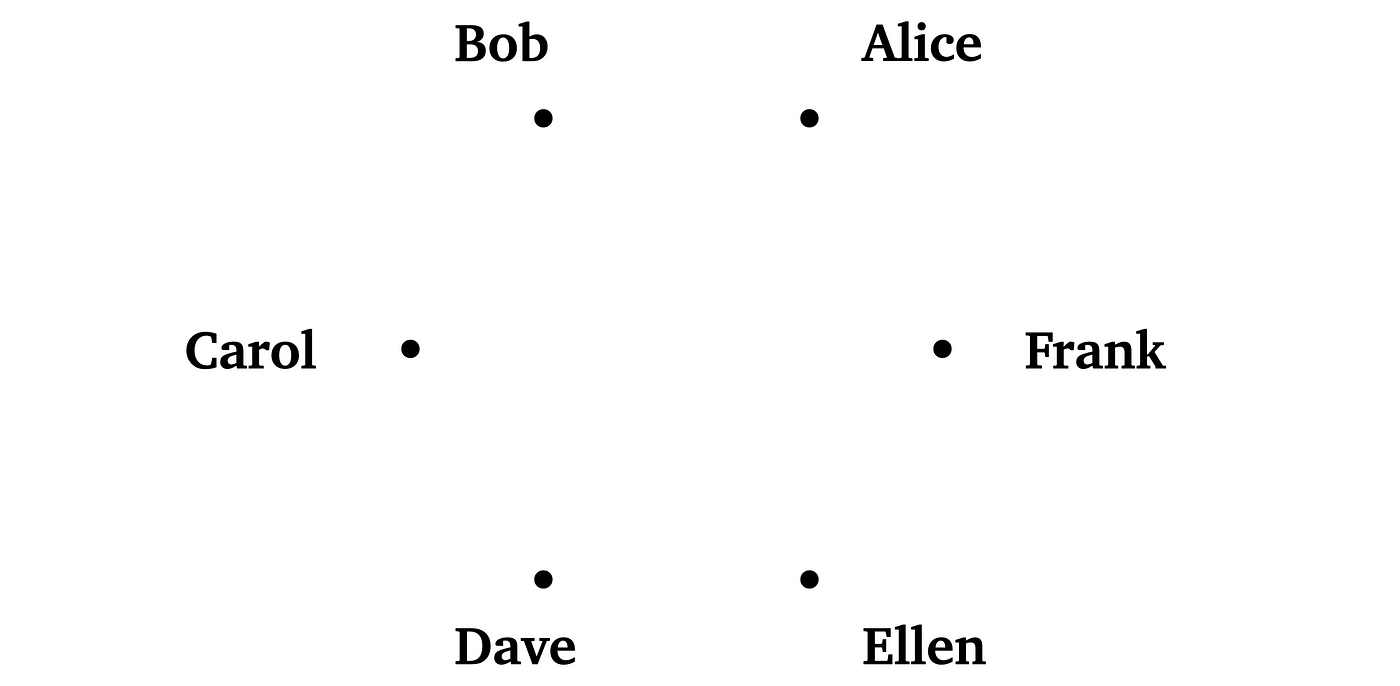
Let’s take a look at Alice first. To her, each one of the other five (Bob, Carol, Dave, Ellen, and Frank) is either a friend or a stranger. Suppose Bob, Dave, and Frank are friends to Alice, and…
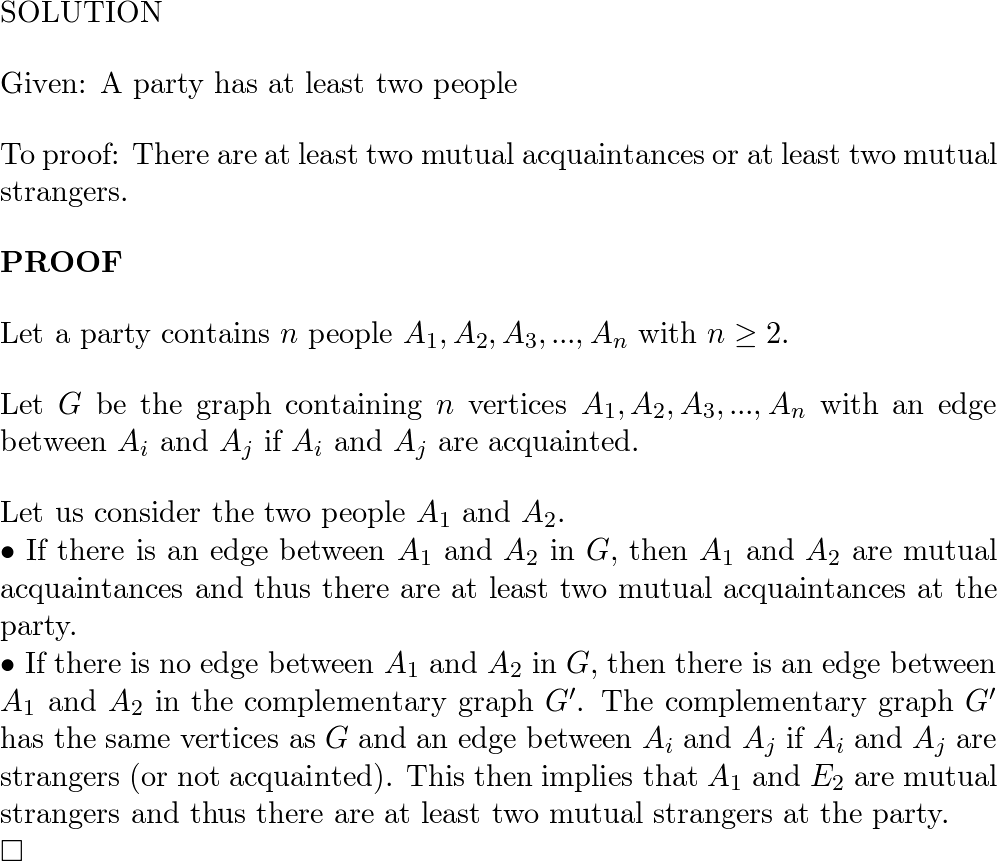
Show that at a party with at least two people, there are at
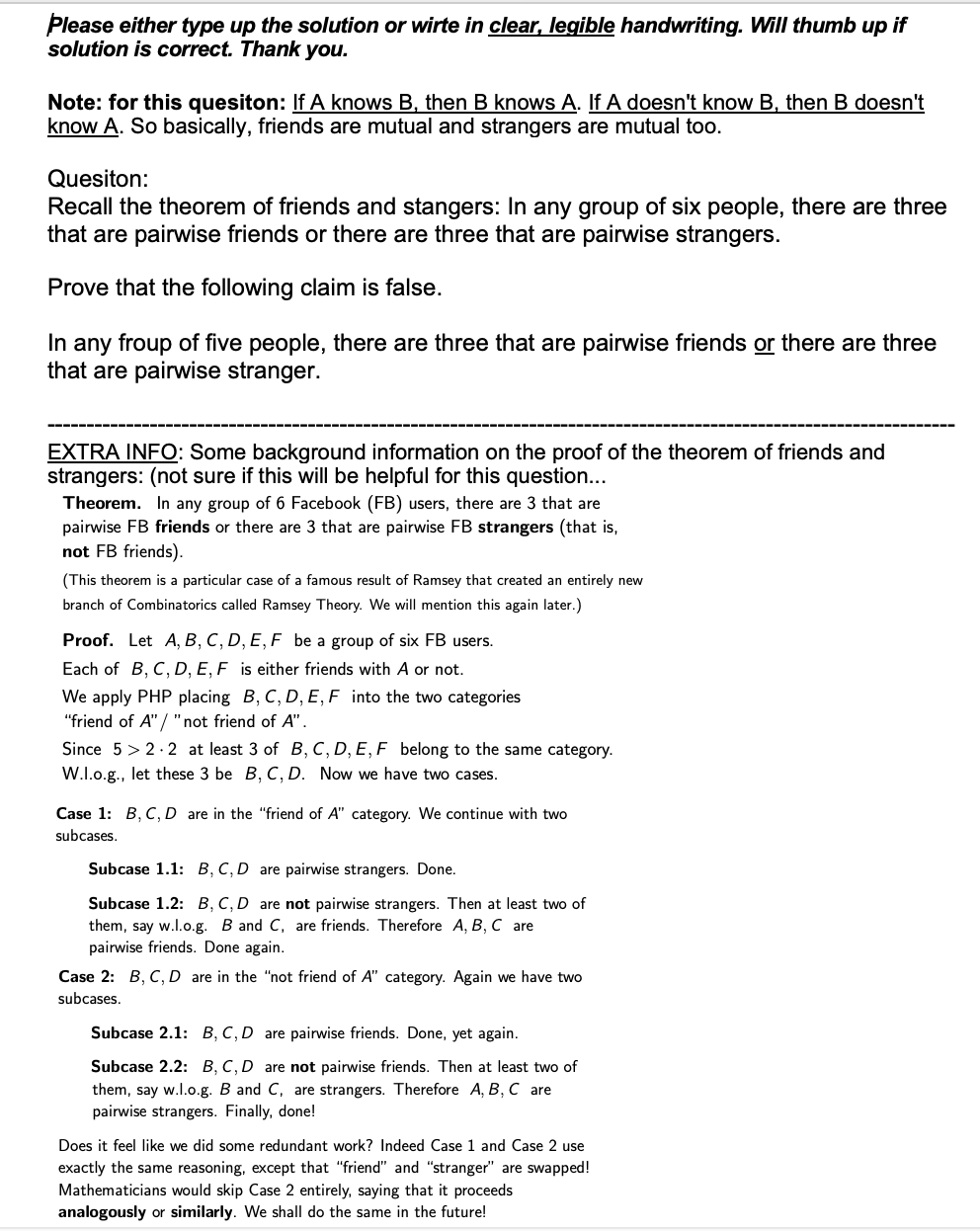
Please either type up the solution or wirte in clear

New maths formula answers long-standing party problem
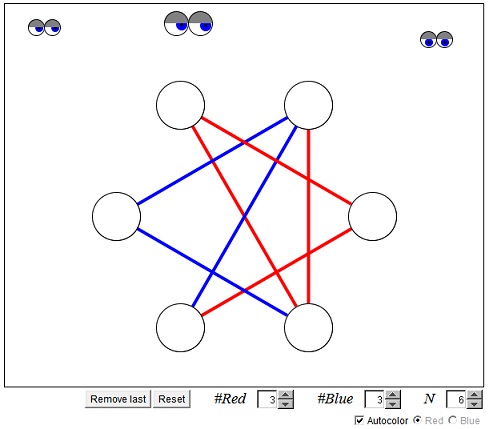
Party Acquaintances
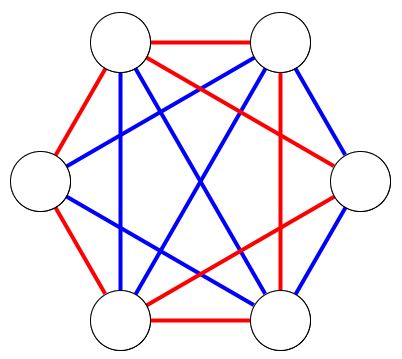
Party Acquaintances

This math puzzle will help you plan your next party

Can Math Prove You'll Always Be the Odd One Out At Parties?, by Mary Paskhaver, Geek Culture
How to prove: at a party of six people either there are three mutual acquaintances or there are three mutual strangers - Quora

Ramsey's Theorem: Friends and Strangers
How to prove: at a party of six people either there are three mutual acquaintances or there are three mutual strangers - Quora

Overthinking an Erdős Quote about Ramsey Numbers and Evil Aliens - Scientific American Blog Network
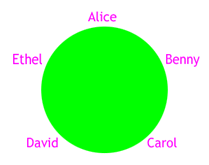
Dinner Party Problem – Math Fun Facts
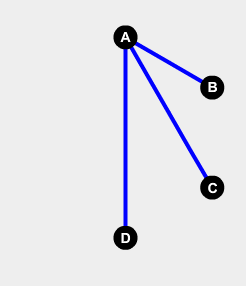
Theorem on Friends and Strangers. Ramsey Theory and Graham's Number, by Francesco Di Lallo
Recomendado para você
-
 Why do our best friends become Strangers? – SAMAR VYAS BLOGS12 abril 2025
Why do our best friends become Strangers? – SAMAR VYAS BLOGS12 abril 2025 -
 Strangers can become best friends just as quickly as best friends can become strangers. #SimpleRe…12 abril 2025
Strangers can become best friends just as quickly as best friends can become strangers. #SimpleRe…12 abril 2025 -
 From Strangers to Friends, Friends Into Lovers, Then Strangers Again.12 abril 2025
From Strangers to Friends, Friends Into Lovers, Then Strangers Again.12 abril 2025 -
 Strangers To Friends12 abril 2025
Strangers To Friends12 abril 2025 -
strangers. friends. best friends. lovers. strangers. - Post by globepony on Boldomatic12 abril 2025
-
 The Friendship Theorem - You Always Have 3 Friends Or 3 Strangers At A Party12 abril 2025
The Friendship Theorem - You Always Have 3 Friends Or 3 Strangers At A Party12 abril 2025 -
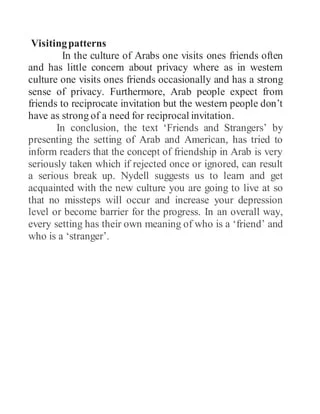 Friends and strangers12 abril 2025
Friends and strangers12 abril 2025 -
 Friends and Strangers' by J. Courtney Sullivan book review - The Washington Post12 abril 2025
Friends and Strangers' by J. Courtney Sullivan book review - The Washington Post12 abril 2025 -
 Napoleon Quote: “Strangers are just friends waiting to happen. To become a good man, one must12 abril 2025
Napoleon Quote: “Strangers are just friends waiting to happen. To become a good man, one must12 abril 2025 -
 A saddening timeline of how strangers become friends who become strangers again! — Steemit12 abril 2025
A saddening timeline of how strangers become friends who become strangers again! — Steemit12 abril 2025
você pode gostar
-
Random Book 3 - Godzilla Earth vs Other Godzilla (Height Chart12 abril 2025
-
 Nathan SpeedDraw Plus Insulated Water Bottle - 18oz - Hike & Camp12 abril 2025
Nathan SpeedDraw Plus Insulated Water Bottle - 18oz - Hike & Camp12 abril 2025 -
 Agricultural Biology Club12 abril 2025
Agricultural Biology Club12 abril 2025 -
 Enhance Lichess and Chess.com analysis with Video Explanations!12 abril 2025
Enhance Lichess and Chess.com analysis with Video Explanations!12 abril 2025 -
 Banco de imagens : Toque, lazer, jogo de tabuleiro, Esportes, jogos de azar, Pôquer, jogo de cartas, Jogos indoor e esportes, Jogo de mesa 6000x4000 - - 184879 - Imagens Gratuitas - PxHere12 abril 2025
Banco de imagens : Toque, lazer, jogo de tabuleiro, Esportes, jogos de azar, Pôquer, jogo de cartas, Jogos indoor e esportes, Jogo de mesa 6000x4000 - - 184879 - Imagens Gratuitas - PxHere12 abril 2025 -
 Speed-Controlled Single Cylinder Stirling Engine with Regulator Free Piston External Combustion Engine - Red - Stirlingkit12 abril 2025
Speed-Controlled Single Cylinder Stirling Engine with Regulator Free Piston External Combustion Engine - Red - Stirlingkit12 abril 2025 -
 How to Make Gamepass in Pls Donate Roblox - Gauging Gadgets12 abril 2025
How to Make Gamepass in Pls Donate Roblox - Gauging Gadgets12 abril 2025 -
 RoTube Life Codes (October 2023) – GameSkinny12 abril 2025
RoTube Life Codes (October 2023) – GameSkinny12 abril 2025 -
 ILLAOI vs RENEKTON (TOP) 3.4M mastery, 7/0/1, 1700+ games, 612 abril 2025
ILLAOI vs RENEKTON (TOP) 3.4M mastery, 7/0/1, 1700+ games, 612 abril 2025 -
![Best Anime to Watch During Halloween [Recommendations]](https://honeysanime.com/wp-content/uploads/2017/03/Hajime-Hinata-Danganronpa-3-The-End-of-Kibougamine-Gakuen-Mirai-hen-dvd-300x426.jpg) Best Anime to Watch During Halloween [Recommendations]12 abril 2025
Best Anime to Watch During Halloween [Recommendations]12 abril 2025

